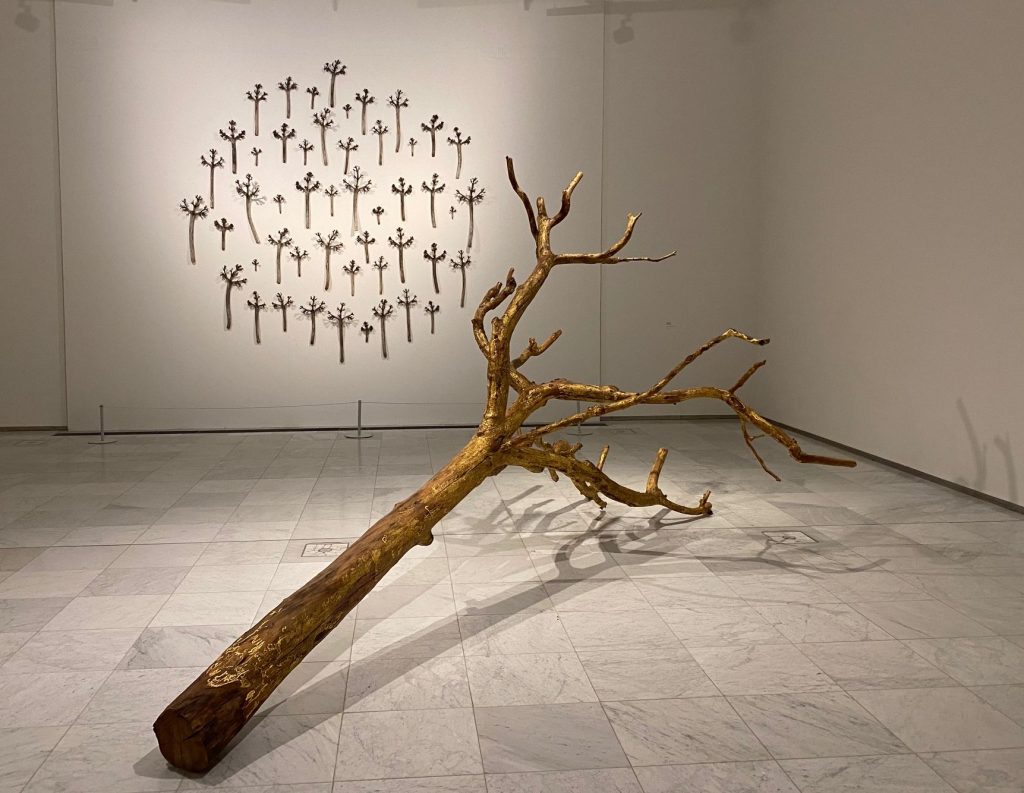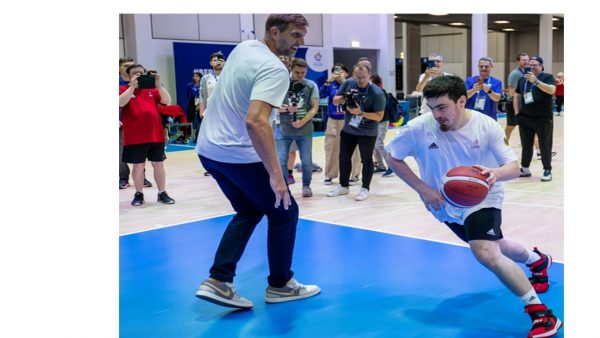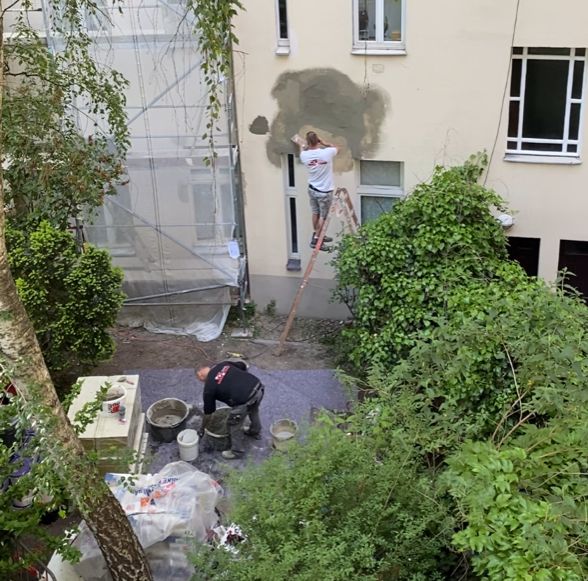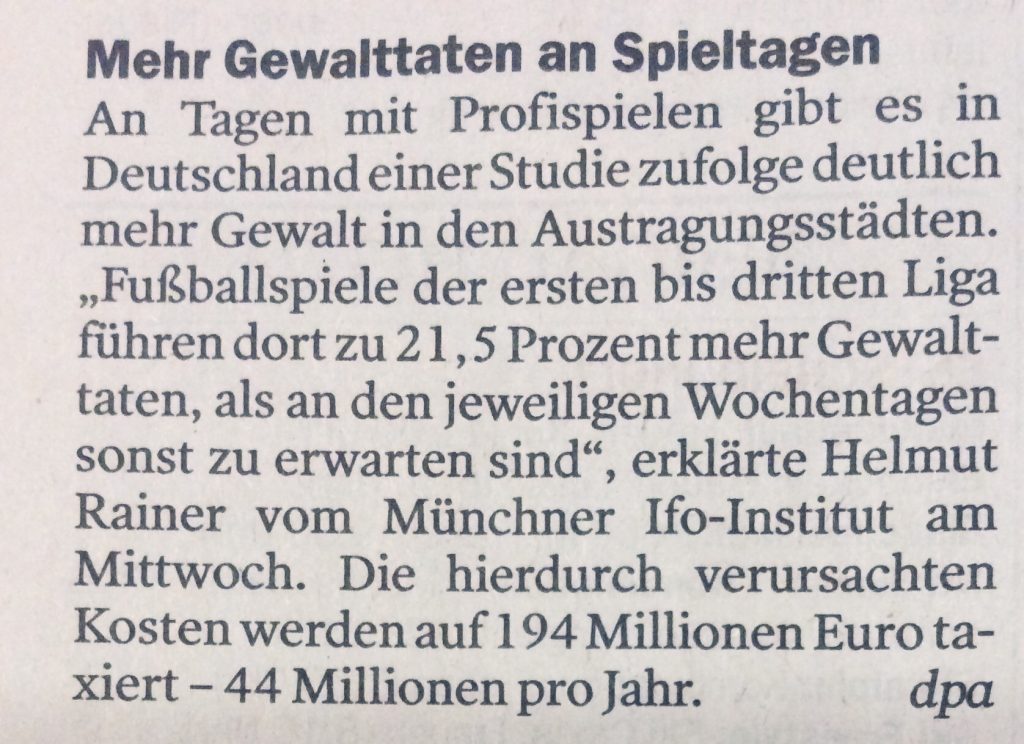The memory of horrors caused by Nazi-led Germany before and during the 2nd World War is our constitutional obligation in the Federal Republic of Germany since its beginnings in 1948. 80 years after the unconditional surrender this has become a state responsibility. Since the shift of tone introduced by Richard von Weizäcker on 8th of May 1985 framing the end of the 2nd WW as liberation day in Europe and Germany. On the same day, 40 years later, the top 5 political instances of democracy in Germany, president, chancellor, presidents of the parliament (1st chanber), the council of the regions (2nd chamber) as well as the constitutional court. The constitutional and moral responsibility of the crimes is not reserved to a presidential address, but all pilars of democracy in Germany committed to the narrative of a liberation of Germans and Europeans at the end of the 2WW. It is a truly European topic to celebrate the end of war jointly in all countries. This is even more the case as the memories of the last survivors of the Shoa in Europe is less transmitted by the rare survivors until today due to very old age. The impressive unity of the top constitutional powers sets a the path for a far reaching renewal of the acknowledgement of a specific constitutional responsibility to counter extremist tendencies. The speeches by Frank-Walter Steinmeier and Julia Klöckner in the Bundestag (Link in German) were remarkable in explaining in plain language, why we are happy about this liberation also in Germany. The emphasis of the end of pervasive and endless oppression and suffering caused by the Nazi-regime are an essential part of this feeling of liberation. With this commemoration Germany today has become even more a European nation which takes its historical responsibility seriously.





 stars are you.
stars are you. 

 (Illustration W. Kandinsky 1923 Fröhlicher Aufstieg) Gut so, wenn das Start-up zu Beginn bereits eine Qual ist, Hände weg davon. Es wird oft nur schlimmer im weiteren Verlauf und Lebensverlauf. Selbst für enthusiatisch gestartete Unternehmende kommt allzu oft eine Ernüchterung, vielleicht sogar Sackgassen. Einen knappen Überblick bietet die Webseite
(Illustration W. Kandinsky 1923 Fröhlicher Aufstieg) Gut so, wenn das Start-up zu Beginn bereits eine Qual ist, Hände weg davon. Es wird oft nur schlimmer im weiteren Verlauf und Lebensverlauf. Selbst für enthusiatisch gestartete Unternehmende kommt allzu oft eine Ernüchterung, vielleicht sogar Sackgassen. Einen knappen Überblick bietet die Webseite  aus dem Buch von
aus dem Buch von